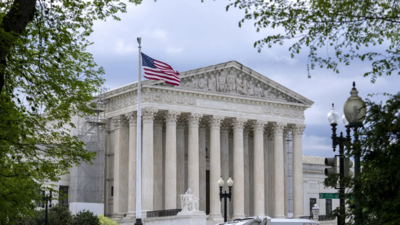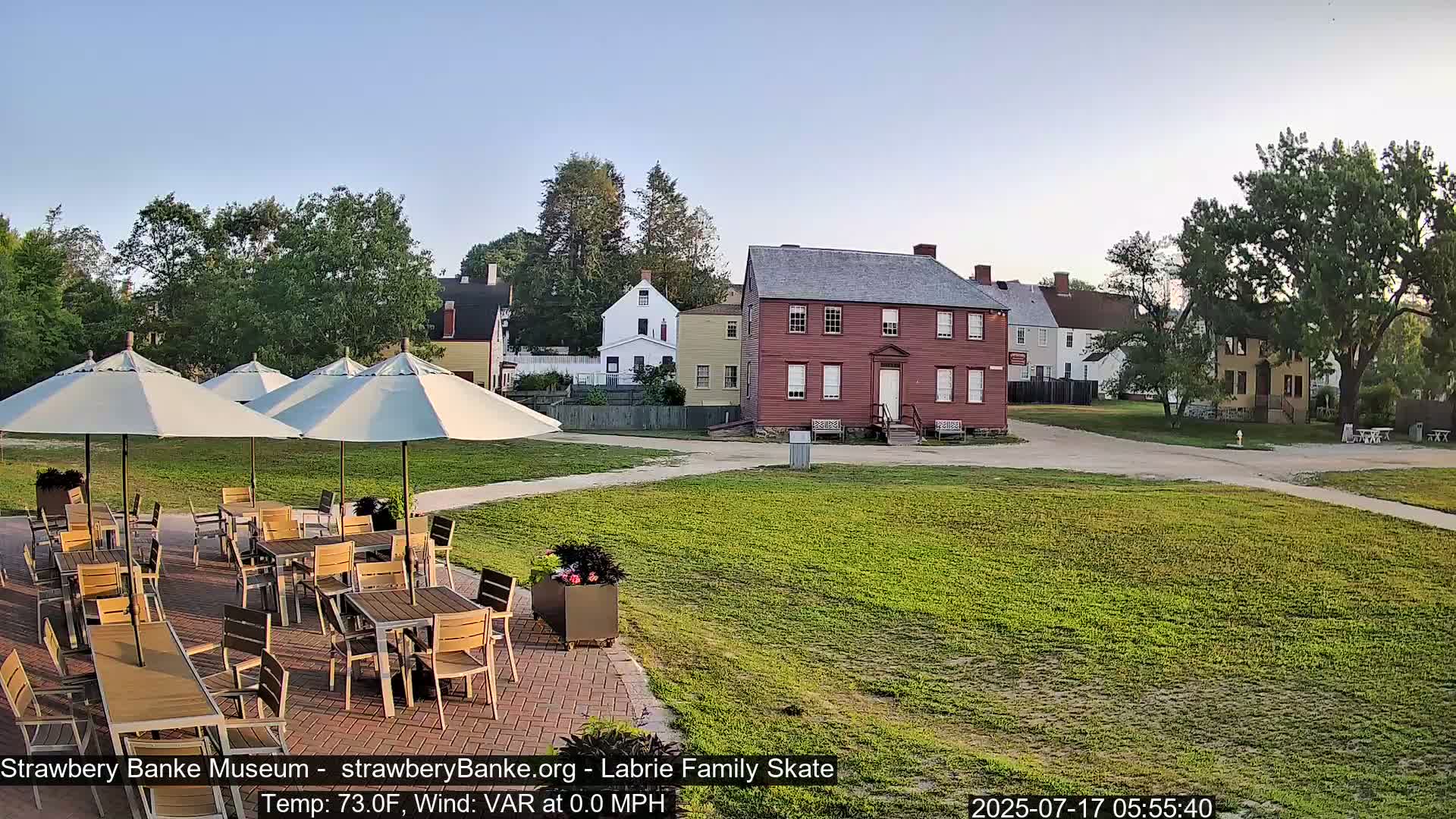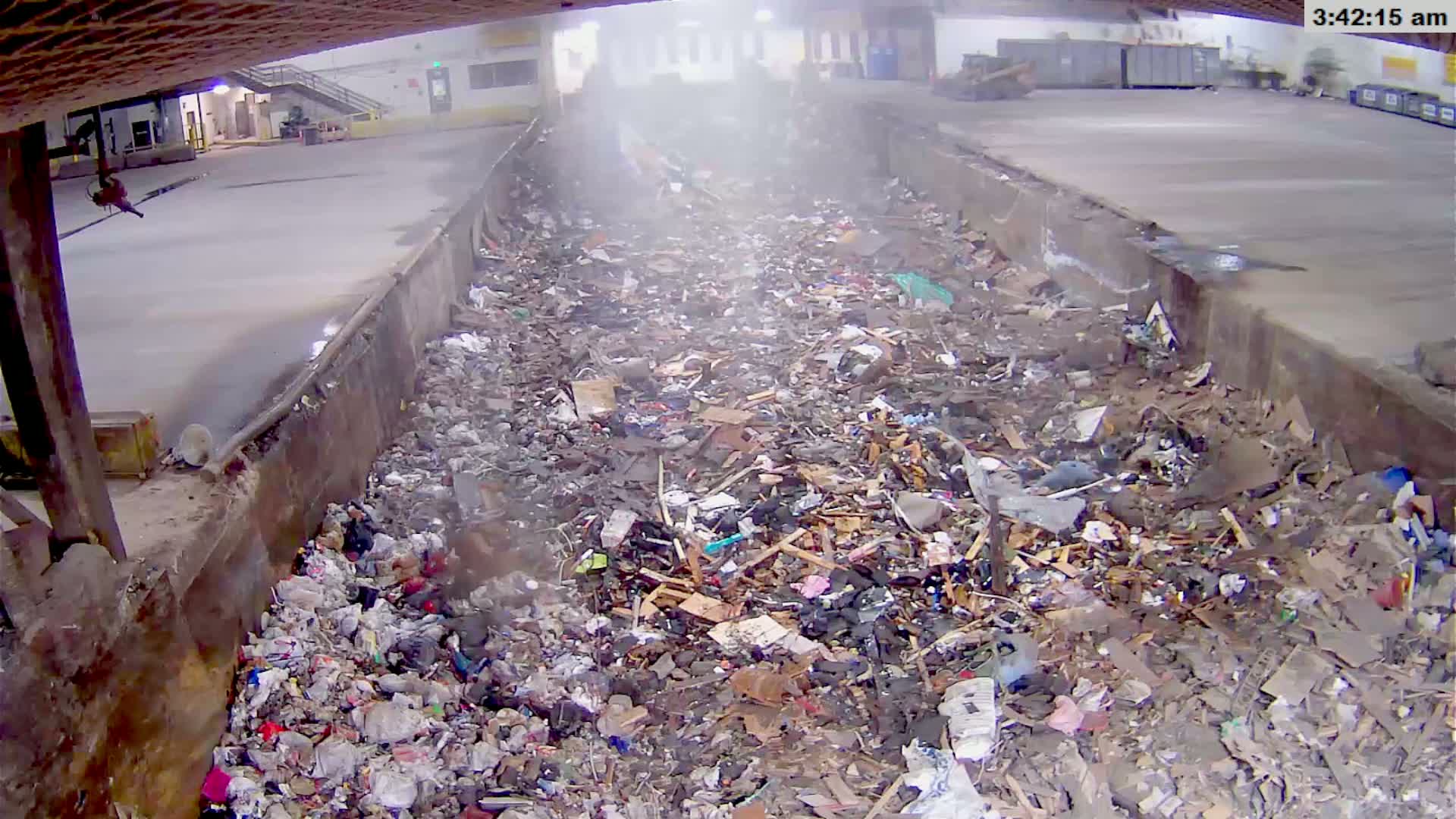Supreme Court Allows Trump-Era Immigration Policy: 500,000 Face Deportation
The US Supreme Court has given the green light to the Trump administration's plan to end temporary legal protections for over 500,000 migrants hailing from Cuba, Haiti, Nicaragua, and Venezuela. This decision potentially puts these individuals at risk of deportation, adding to the nearly 1 million migrants facing similar circumstances. The court lifted a previous order that had halted the administration's efforts to terminate the humanitarian parole program.
Impact on Migrants
In a separate but related case earlier this month, the Supreme Court also sided with the administration, permitting the removal of approximately 350,000 Venezuelan migrants. Justices Ketanji Brown Jackson and Sonia Sotomayor dissented, expressing concerns about the impact on the migrants.
Legal Background
The case stems from an emergency appeal filed after a federal judge in Boston had blocked the government from ending the program, arguing that revocation would force migrants to either flee or face deportation. The temporary parole program allowed up to 30,000 individuals per month from the four affected countries to enter the US for a two-year period, provided they had a financial sponsor and could cover their travel expenses. This decision also impacts other groups covered under humanitarian parole, including Afghans, Ukrainians, and Central American children. Advocates are calling this action "the largest mass illegalisation event in modern American history." The case is now headed back to the 1st US Circuit Court of Appeals in Boston.







